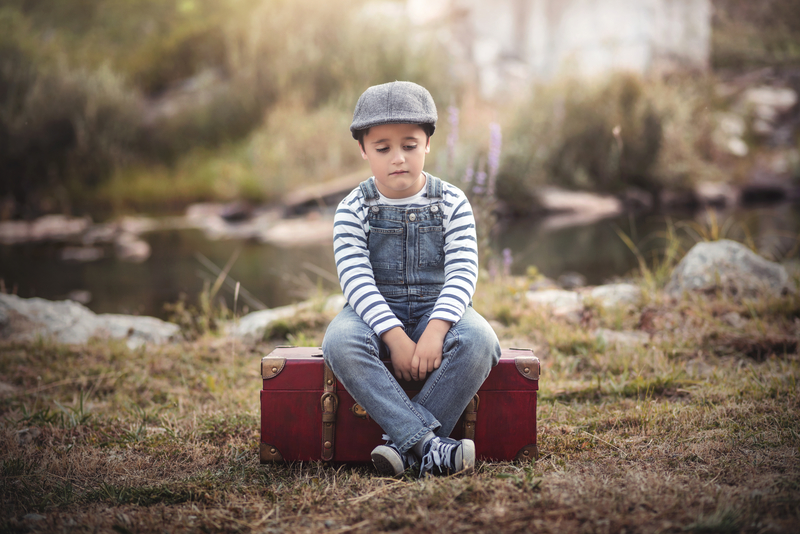How do you protect your children from the ravages of divorce ?
How do you shield your child from the trauma that so often accompanies the breakdown of a marriage ?
There is unfortunately no getting away from this fact…separation and divorce are two life experiences that can have a detrimental long term impact on a child. The trauma and emotional pain that a child may experience as a result of his or her parents’ divorce is without doubt exacerbated by exposure to domestic violence in the home. It is also exacerbated by their exposure to their parents’ ongoing acrimony towards each other.
It is a well known that a contested divorce can take between twenty-four to thirty-six months before it even reaches trial.
The impact of this long wait is generally that:
- finances will be significantly depleted by the legal battle ; and
- emotions between parents may become frayed to the point of extreme dislike.
For the child caught in the middle of the conflict, the waiting period for trial has the potential of:
- increasing their anxiety;
- annihilating their identity; and
- destroying their confidence in themselves (and in the world at large).
A child’s recovery from divorce can in such instances last a lifetime.
DIVORCE MEDIATION & FAMILY CONFLICT
It is important to understand that despite what many mediators and other professionals may say, mediation is not a cure-all for every family conflict. That does not however mean that it should be disregarded. Especially, if one considers the impact that a contested divorce can have on a child and their developing sense of self.
The primary focus of a Family Mediation is always the best interests of the child. During mediation, parents are encouraged to recognize that even though their divorce will terminate their personal relationship, they nonetheless still remain their child’s parents. In fact, they will be the only actual parents that their child will ever have. Third parties may well assist with parenting. Step-parents may be great. But there is always only one mother and one father for every child. As such they will need to work together (in harmony) for the sake of the ongoing psychological well-being of their child.
Accordingly, the role of the mediator during the mediation process will include among other things:
- assisting parents in airing issues of concern regarding their co-parenting of their child;
- encouraging parents to jointly put forward creative parenting solutions that have the potential to meet the future needs of the child; and
- helping parents to draw up a Parenting Plan that meets the unique needs of the family.
Research shows that in cases where family mediation is utilized there is greater potential for the parents to develop and maintain good co-parenting relationships.
Current research also shows that agreements reached through mediation are more likely to be adhered to by parents simply because they have custom-made their agreement to meet their child’s unique needs and requirements. High adherence rates equate to happier children simply because there is less parental conflict happening in front of the child.
MEDIATION: A PROCESS OF FIRST CHOICE
So which child is most likely to adequately handle their parents’ divorce ? Experts in the field believe that it is the child whose parents are prepared to work together as co-parents of the child. Doing this, not for their own sake, but for the sake of their child. Not for their own well-being but for the future well-being of their child.
The advantages which mediation offers to separating and divorcing parents are far too profound and far too extensive for family mediation not to be the process of first choice where children may be involved.





